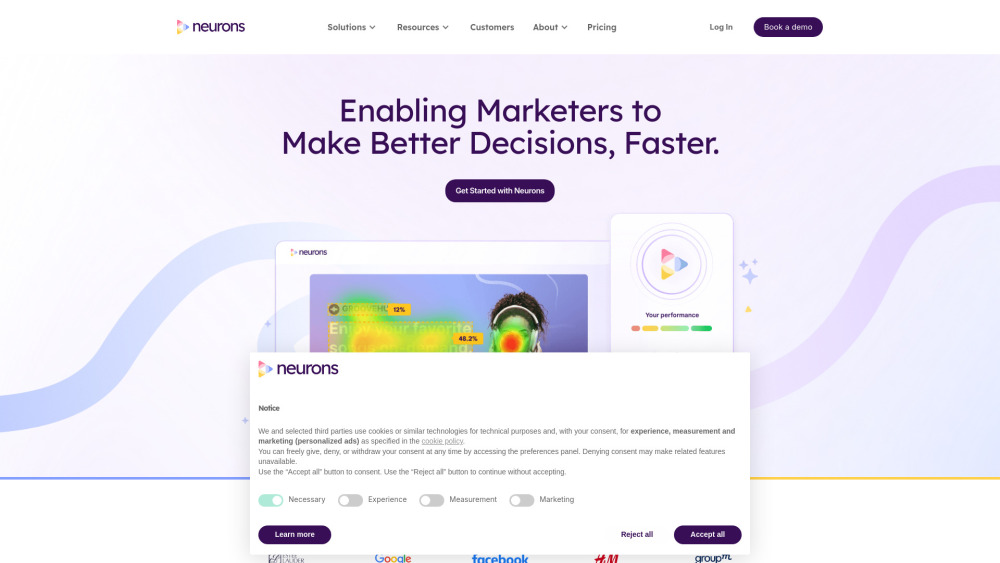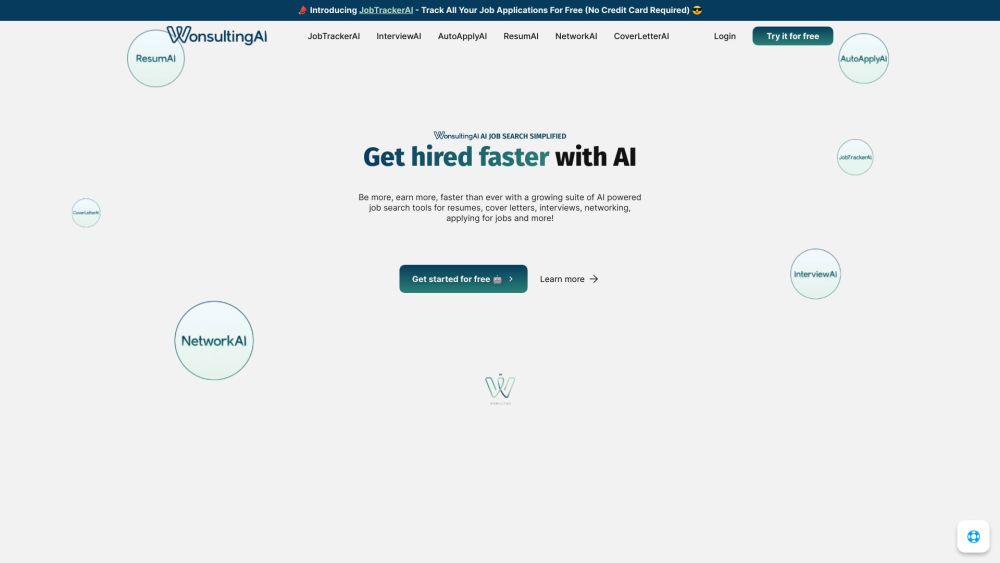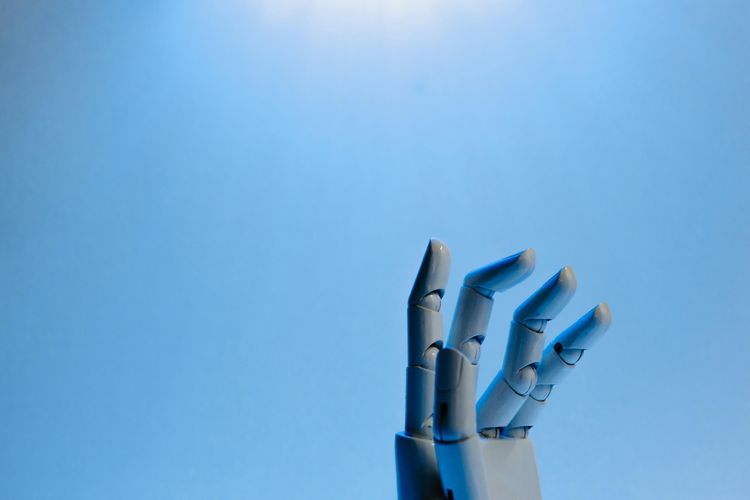Five Canadian News Outlets File Lawsuit Against OpenAI for Copyright Infringement
Most people like

Introducing the Ultimate AI Video Editor for Crafting Engaging Social Media Clips
Unlock the power of our advanced AI video editor, designed to help you effortlessly create stunning videos for social media. Whether you’re a seasoned creator or just starting out, this intuitive tool simplifies the editing process, allowing you to produce eye-catching content that captivates your audience and enhances your online presence.

Unlock the potential of neuroscience to gain deep insights into consumer responses. By utilizing cutting-edge brain science techniques, businesses can better understand how customers think and make decisions, leading to more effective marketing strategies and enhanced product development. Gain a competitive edge by predicting consumer behavior with precision.

Introducing VoiceGenie, a robust voice assistant designed to facilitate seamless voice-driven interactions with your devices and applications. Experience the convenience of hands-free control, making everyday tasks easier and more efficient.

In today’s competitive job market, finding the right position can be challenging. Enter AI-powered job search tools, which leverage artificial intelligence to streamline and enhance your job-hunting experience. By analyzing your skills, preferences, and career goals, these innovative platforms connect you with tailored job opportunities, saving you time and effort. Embrace the future of recruitment and discover how these intelligent solutions can transform your job search into a more efficient and effective journey.
Find AI tools in YBX



